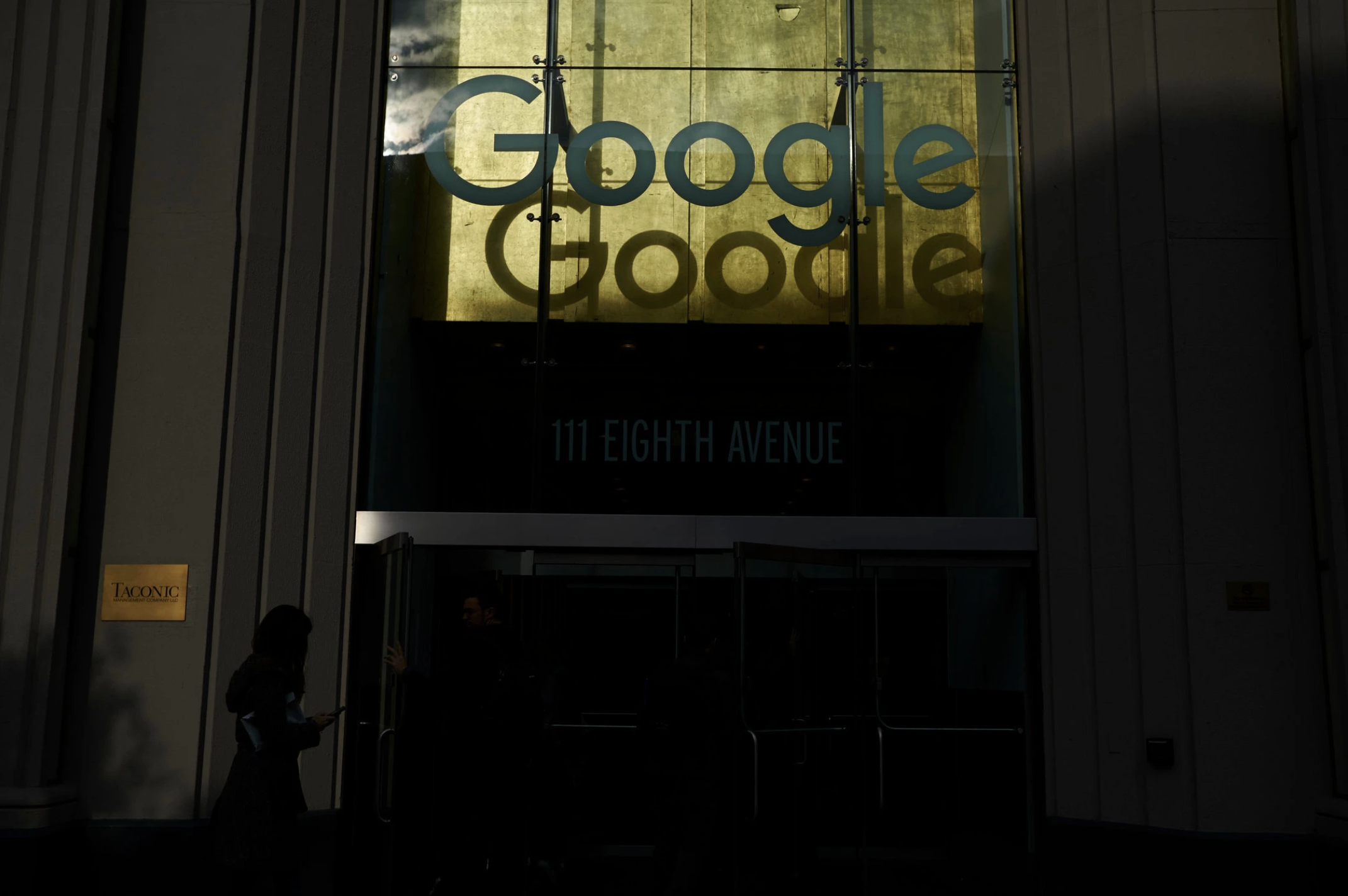The Week in Tech: How Is Antitrust Enforcement Changing?
One of the big stories of the year has been the Big Tech companies becoming targets of major antitrust investigations by the nation’s federal enforcement agencies, Congress and states. The concern is not only the companies’ market power but also how they handle personal data, spread disinformation and amplify partisan divisions.
To someone who has covered technology and antitrust for The Times for more than two decades, this period seems different than anything I’ve seen before. To me, it raises a question: Are we entering a new, progressive era in antitrust?
The answer to that question matters a lot. The official scrutiny of the big tech companies — Facebook, Google, Amazon and Apple — is just getting underway. Whether it results in meaningful curbs on the companies will depend in good part on the persistence of the investigators.
Investigations have a way of finding things. And the institutional commitment to antitrust, or lack of it, will be shaped by economics, ideas, politics and public opinion.
There are intriguing parallels with the progressive era of the late 19th and early 20th century: growing gaps in wealth, concentration of markets and a perceived threat to democracy.
Then, the technology engine was the industrial revolution. Today, it is the digital revolution. Then, the targets of enforcement were the industrial trusts, led by Standard Oil. Today, it is the digital behemoths. Then, the policy response was new antitrust laws — the Sherman Act of 1890 and the Clayton Act of 1914 — and aggressive enforcement. Today, the policy response remains to be seen.
While reporting recent stories and a few interviews last week, I’ve been struck by two things: the very different climate now compared with the one surrounding the antitrust case against Microsoft in the 1990s, and the extent of the bipartisan support for pursuing the big tech companies.
The Microsoft investigation and trial, which I covered, was fairly narrowly focused. It was about market dominance and the software giant’s tactics to stifle innovation. The second half of the 1990s, when the Justice Department and a group of states investigated and then filed a major antitrust suit against Microsoft, were banner years economically. It was not only a period of strong overall growth but a time when productivity rose. For a few years, income gaps narrowed. Microsoft was a purely economic case. “But now we’re seeing an evolution in antitrust, to take in greater social and political concerns, as well as economics,” said Maurice Stucke, a former Justice Department antitrust official and a professor at the University of Tennessee College of Law. “Antitrust is starting to capture the public imagination in a way that Microsoft never did.” Current antitrust thinking is expanding to take in matters like the control of data and privacy. Since the 1980s, a central focus of antitrust has been a dominant company’s power to increase prices. But there is a lively debate now about so-called nonprice components of competition. A loss of privacy to a data-harvesting giant like Facebook or Google, for example, can be cast as reducing the quality of the service and thus as a signal of monopoly power. “Nothing’s free,” Makan Delrahim, head of the Justice Department’s antitrust division, said at the Times’s DealBook conference last month. “If consumers think they’re getting any service for free, they’re being misled.” Data, Mr. Delrahim explained, is an asset for internet companies, and gathering and analyzing large amounts of personal data is not necessarily a problem. But digital data, he added, “can give you market power. And its abuse would be a violation of antitrust law.” In the last couple of weeks, Representative Doug Collins, Republican of Georgia, who is the ranking minority member of the House Judiciary Committee, has been a fixture on cable TV news as a hyperventilating, partisan opponent of impeachment. But in an interview last month for an article on a Judiciary subcommittee’s antitrust investigation of the big tech companies, Mr. Collins was a voice of bipartisan reason.
Mr. Collins is less critical of the tech giants than the Democrat leading the inquiry, Representative David Cicilline of Rhode Island. And he dismisses the calls to break up the companies from the Democratic presidential candidates Elizabeth Warren and Bernie Sanders.
But Mr. Collins supports the House investigation. And he thinks that consumers should be given greater control over how the tech giants use their data and that the companies should be prevented from buying up nascent competitors. “Those are genuine concerns of mine,” he said.
Barry Lynn, executive director of the Open Markets Institute, a research and advocacy group, points to the states’ investigation of Google, joined by 50 attorneys general and led by Ken Paxton, a conservative Republican attorney general in Texas, as a sign of the changing times in antitrust. An investigation of Facebook, led by Letitia James, the attorney general of New York and a Democrat, has nearly as many supporting states.
“The environment is radically different than it was even a year or two ago,” Mr. Lynn said. “It’s a grass-roots rebellion against concentrated power.”
But whether shifting sentiments will translate to a pendulum swing in antitrust, reminiscent of the progressive era of a century ago, is uncertain at best. Major enforcement actions would be challenged in court. For years, the courts have generally embraced the “consumer welfare” standard — typically, though not always, dependent on higher prices. The courts have also been guided by the assumption that markets are self-correcting.
Read the full article here.

